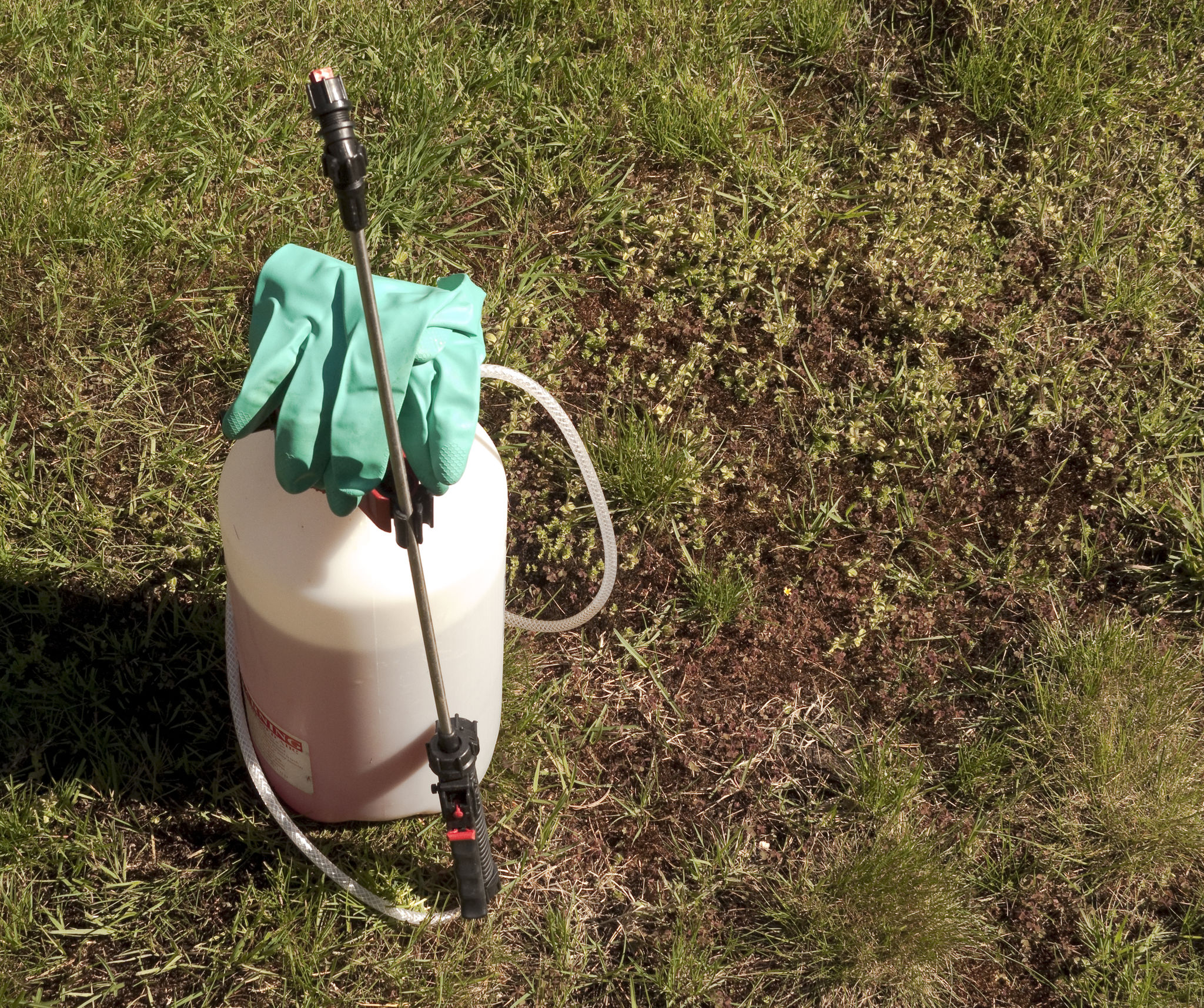Common Lawn Care Myths Debunked by the Experts
Watering Myths: More Isn't Always Better
One of the most common misconceptions about lawn care is that more water equates to a healthier lawn. However, experts reveal that overwatering can lead to a host of problems, including shallow root growth and increased susceptibility to disease. It is crucial to water deeply but infrequently, allowing the soil to dry out between sessions. By doing this, you encourage the roots to grow deeper into the ground, making your lawn more resilient.

It's also important to water early in the morning when temperatures are cooler. This practice reduces evaporation and ensures more water reaches the roots. Evening watering, on the other hand, can leave your lawn damp overnight, promoting fungal growth.
The Truth About Fertilizers
Another myth that often circulates is that fertilizing more frequently will yield a lush, green lawn. While fertilizers are essential for providing nutrients, over-fertilization can lead to chemical burns and excessive growth that stresses your grass. Experts recommend following a specific fertilization schedule based on the type of grass and local climate conditions.
Choosing the right fertilizer is also crucial. Nitrogen-heavy fertilizers may seem like a quick fix for a green lawn, but they can cause long-term damage if used excessively. A balanced fertilizer that suits your lawn's specific needs will promote sustained health and growth.

Mowing Misconceptions: Cutting Too Short
Many homeowners believe that cutting their grass shorter means mowing less frequently. However, cutting your lawn too short can stress the grass and increase weed growth. Experts advise following the "one-third rule," where you never remove more than one-third of the grass blade at a time. This practice keeps your lawn healthier and more resilient to pests and diseases.
Moreover, keeping your mower blades sharp is essential for a clean cut. Dull blades tear the grass, leading to ragged edges that can invite disease.
Weed Control: Natural vs. Chemical Methods
There's a lot of debate about whether natural or chemical methods are better for weed control. While natural methods can be effective, they often require more time and effort. Chemical herbicides offer quicker results but must be used judiciously to avoid damaging your lawn and the environment.

Implementing a combination of both methods, tailored to your specific weed issues, might be the most effective approach. Regularly inspecting your lawn and addressing weed problems early can prevent them from spreading.
Conclusion: Expert Tips for a Healthier Lawn
In conclusion, separating fact from fiction is essential for effective lawn care. By understanding these common myths and following expert advice, you can maintain a vibrant and healthy lawn year-round. Remember to water wisely, fertilize appropriately, mow correctly, and tackle weeds efficiently for optimal results.
For those looking to delve deeper into lawn care, consulting with local experts or participating in community workshops can provide valuable insights tailored to your specific region and climate.